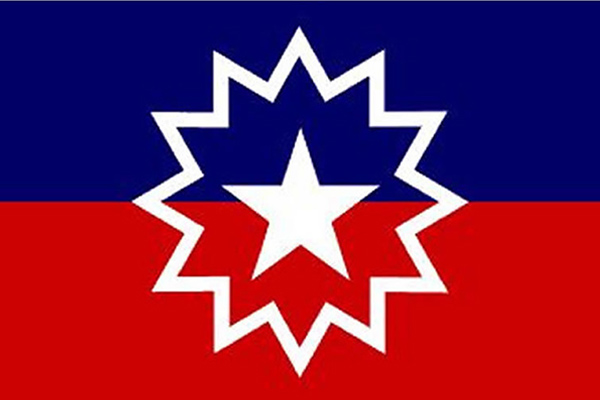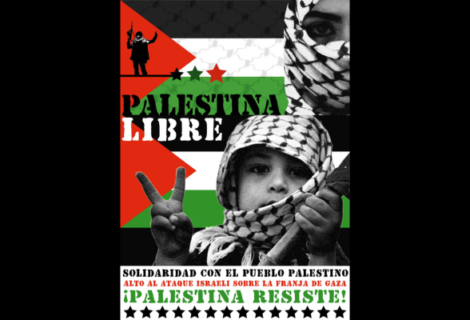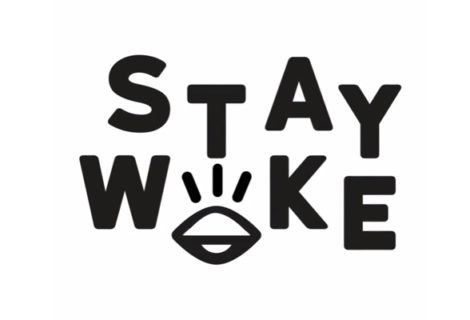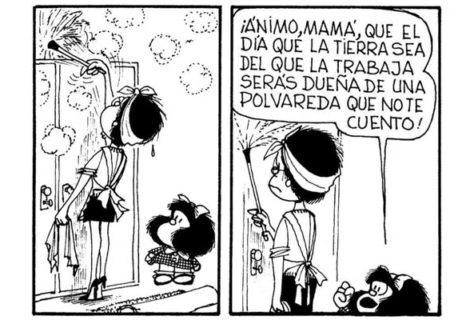Why We Celebrate Juneteenth (Or Should)
By Rashaad Thomas
On the crust of Phoenix’s desert streets, a car with a family, Dravon Ames and his sixth-month pregnant fiancée, Iesha Harper 24, pulled over by Phoenix Police Department. One police officer approaches the driver’s side with a gun drawn. He tapped on the window and shouted out orders. The other police officer approached the passenger side where a pregnant mother sat nervous. Both police officers yell profanity-laden demands.
The driver is pulled from the car, thrown down on the boiling pavement, handcuffed, picked up, thrown against the car, his knee kicked in to force him to lose balance. The officers swell to twelve. In the viral video, you can hear Iesha screaming, “I am not going to put my baby down on the hot floor.”
“Get out of the car of I will f—-ing shoot you.”
“When I tell you to do something you f—-ing do it.”
While hell is rising outside, the couple’s 1 year old and 4-year-old who allegedly stole a doll from a Dollar Store, sat in the car’s back seat. Iesha is demanded to step out the car and put her baby on the hot floor. She refuses and hands her children to a stranger – woman bystander. Then she is handcuffed and pushed in a Phoenix PD POV.
On January 1, 1863, President Abraham Lincoln’s Emancipation Proclamation became the law of the land. However, it wasn’t until June 19th, 1865 when Major General Gordon Granger lead Union Soldiers to Galveston, Texas that freedom truly came into force. Although General Lee had surrendered in April of 1863, there were only a small number of African American Union Soldiers in Texas to enforce the Emancipation Proclamation. It took the arrival of Major General Granger’s regiment to overcome the Confederate’s resistance, though enslaved African Americans were forced to work the plantations for one last cotton harvest to appease slave owners.
Juneteenth is the oldest celebration honoring the African American lives sacrificed for the Union victory and President Lincoln’s ratification of the Emancipation Proclamation. However, Juneteenth is not celebrated on January 1st, 1863, but June 19th, 1865 to mark the moment enslaved African Americans became aware of their freedom–a full two-and-a-half years after the Emancipation Proclamation became official.
General Granger drafted Texas General Order 3, which began:
“The people of Texas are informed that in accordance with a Proclamation from the Executive of the United States, all slaves are free. This involves an absolute equality of rights and rights of property between former masters and slaves, and the connection heretofore existing between them becomes that between employer and free laborer.”
Enslaved African Americans were free! The first step to freedom was leaving the plantation, and many African Americans believed the most logical decision to solidify their freedom was to migrate north. Other freed men, women, and children reunited with family and settled in Arkansas, Oklahoma, and Louisiana. Even though these new freed slaves were still considered non-persons in the eyes of many, as free persons they celebrated the occasion to revel in family and community. The festivities of this first celebration also served as a reprieve from the overwhelming stress of their newfound freedom.
Owners of enslaved African Americans were not ready to release their property, free labor workers. When they tried to walk off the plantation they were beaten, lynched, and murdered. In 1867 slowly enslaved African Americans throughout Texas heard the news about being freed. They found out only after an enslaved horse named Alex Simpson was lynched. Then his enslaved African Americans were freed. News scattered across Texas and enslaved African Americans had the courage to leave the plantations.
Juneteenth was coined for the date of Granger’s proclamation, June 19th. It was and is a celebration in which African Americans support each other, gather in family and pray for the kinfolk who survived America’s most brutal institution. From the first freed enslaved people through the present, African Americans make an annual pilgrimage back to Galveston on June 19th.
Juneteenth and Food
One of the cornerstones of Juneteenth is the food menu. The following is an example of food served during Juneteenth festivals.
Meats
Brisket Meat
Fried Chicken
Salad
Marcus Garvey Salad (represents the Pan-African Flag – Red, Black & Green)
Sides
Collard Greens
Sweet Potatoes
Red Beans and Rice
Black-eyed Peas
Beverages
Red Soda Water
Hibiscus Tea
Desserts
Strawberry Pies
Red Velvet Cake
Tea Cake
Sugar Cookies
Celebrated for almost a hundred years prior, Juneteenth became an official holiday on January 1, 1980. Texas was the first state to establish it as a holiday thanks to African American legislator, Al Edwards. He has made significant and successful efforts such that a large number of American states. Today, 47 states and the District of Colombia celebrate Juneteenth as an official holiday.
“Every year we must remind successive generations that this event triggered a series of events that one by one defines the challenges and responsibilities of successive generations. That’s why we need this holiday.” – Texas Rep. Al Edwards
Dravon Ames, Iesha Harper, and their two children survived an experience of police brutality. It is an example of a family surviving and then freed. Neither Dravon or Iesha were charged with any infraction and were released. Today, the Phoenix community celebrates their lives knowing that historically, black and brown people don’t always survive incidents of police brutality– much like enslaved African Americans during the Civil War, and even after the Emancipation Proclamation went into effect. Dravon and Iesha’s children are the successive generations who survived and who will, in time, understand the power of Juneteenth’s history, traditions and festivities.





